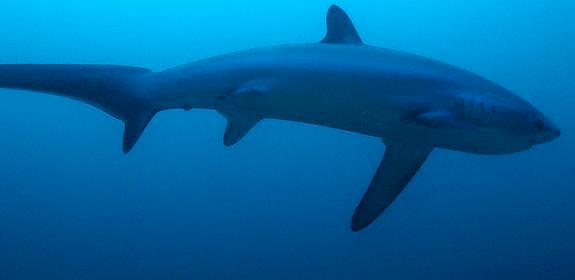SAWEN officials prioritize efforts to combat illegal wildlife trade in South Asia
Negombo, Sri Lanka, 7th June 2012—Officials from the countries of South Asia met this week to devise operational plans to combat illegal trade affecting some of the region’s most threatened wildlife species.

The First Regional Meeting of the South Asia Wildlife Enforcement Network (SAWEN), which took place in Sri Lanka from 3rd-6th June, also worked on an updated work programme and discussed issues such as intelligence gathering, information sharing, capacity building and law enforcement cooperation.
Launched last year, SAWEN is comprised of member countries Afghanistan, Bangladesh, Bhutan, India, Maldives, Nepal, Pakistan and Sri Lanka.
The meeting was attended by over 30 wildlife and law enforcement officials from all eight South Asian countries. Participants also included experts from INTERPOL, the World Customs Organization’s Regional Intelligence Liaison Office for the Asia-Pacific, United Nations Office on Drugs and Crime, World Bank, the ASEAN Wildlife Enforcement Network, the Global Tiger Forum, the South Asia Co-operative Environment Programme (SACEP), WWF and TRAFFIC.
In an important effort to address source-to-market law enforcement co-operation, the CITES Management Authority of China also joined the meeting as an observer. China shares terrestrial borders with five South Asian countries, and is a major trade partner with the region.
Officially opening the meeting, Sri Lanka's Minister of Environment, the Hon. Anura Priyadarshana Yapa, expressed his country's keen interest and commitment in co-operating and networking with other regional partner organisations for combating illegal trade. "It is extremely necessary that all South Asian countries should get together and help each other prevent illegal trade of bio-resources across their respective country borders."
According to the SAWEN Chief Enforcement Coordinator, Mr Krishna P. Acharya, the meeting identified a number of illegal trade priorities for enhancing regional cooperation, focused on species such as Asian big cats, elephants, freshwater turtles, falcons, rhinos and marine turtles. "Wildlife trade routes and hubs for these species were carefully examined and mapped," he said.
"Operational plans were also discussed which would allow SAWEN countries to share information, identify capacity needs and plan and execute joint operations aimed at shutting down these trade routes and breaking up the organised criminal networks using them," Mr Acharya added.
James Compton, TRAFFIC Senior Programme Director for Asia, welcomed the progress being made by SAWEN: “The establishment of SAWEN last year was a very crucial, timely and much needed step forward to institutionalize the collaborative efforts of member countries in controlling wildlife crime in the region.
"It is gratifying to see that SAWEN countries are now well-placed to coordinate law enforcement operations that will stem illegal trade flows where it matters and produce tangible conservation victories on the ground," he said.
TRAFFIC’s work in supporting SAWEN, including the holding of this meeting, has been generously funded by the US Department of State. The Government of Sri Lanka is also acknowledged for their matching funding contributions in hosting the First Regional Meeting of SAWEN.




